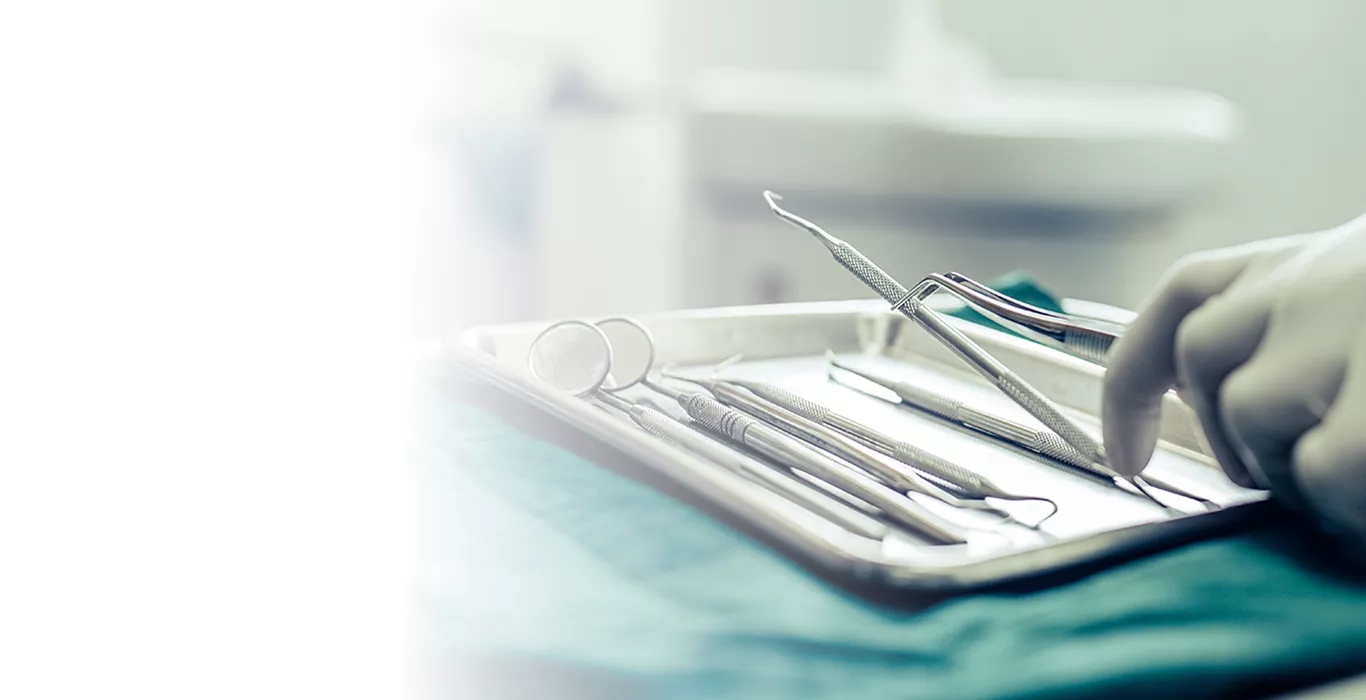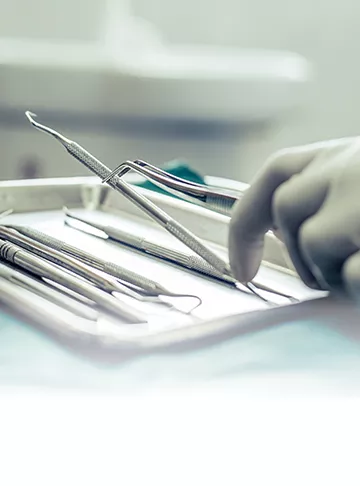It is a medical technique used to intervene surgically in the abdominal cavity. It is a minimally invasive and very common technique. It makes it possible to diagnose and treat many diseases, in particular gynecological or digestive. If you plan to undergo this type of intervention in the more or less near future, here is some information that can help you prepare for it.
Scar Stress
Assuming the operation goes as planned, the incisions made by the medical team in the navel and abdomen are very small. You can help your body heal by keeping it well hydrated and avoiding sun exposure.
Recovery time
Hospitalization can last a single day, or extend for a few days depending on the nature and type of intervention performed. Recovery should only take about a week. But each body being different, it is useful to remain flexible and plan any additional time to recover 100%.
Go on with the temporary changes
Looser, more comfortable clothing is recommended during recovery. Your doctor may also advise you to sleep on your back or side for a few weeks after laparoscopy, and you may notice a change in your appetite. All of these can make you feel like you're losing some control over your body, but they're nothing to worry about and are temporary.
Periods and sex
Since every woman is different, some will have painful periods after a laparoscopy, while others will feel less pain than before. Keep in mind that during this operation, the surgeon never touches the genitals. But since the vagina is closely related to the uterus and ovaries, it makes sense for some people to worry. A laparoscopy should have no negative effect on your sex life once cured.
Pregnancy Calculator Tools for Confident and Stress-Free Pregnancy Planning
Get quick understanding of your fertility cycle and accordingly make a schedule to track it
Get a free consultation!















